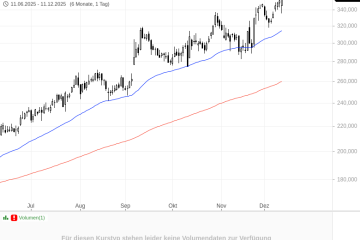The Essential Critical Role of Leadership in Today’s World

Introduction
The concept of a critical role in any organisation or society is more relevant than ever. As the world faces unprecedented challenges ranging from economic uncertainty to environmental crises, the effectiveness of leadership plays a significant part in ensuring success and resilience. Understanding the responsibilities and strategies that define a leader’s critical role is essential for fostering progress and stability.
Defining the Critical Role
A leader’s critical role encompasses various responsibilities, including vision setting, decision-making, fostering teamwork, and driving innovation. In recent surveys conducted by industrial experts, approximately 85% of employees reported that effective leadership is a key factor in their workplace satisfaction and overall productivity. This statistic highlights the lasting impact leaders have on both organisational culture and employee morale.
Current Events Highlighting Leadership Responsibilities
Recent events underscore the urgency of effective leadership. For instance, during the ongoing global pandemic, leaders across the globe have been pivotal in crisis management, encouraging adaptation to remote work and supporting mental well-being alongside productivity. Companies like Unilever have been recognised for their comprehensive responses to operational challenges, showcasing how solid leadership can mitigate detrimental impacts and guide teams through disruptions effectively.
Moreover, the rise of social movements advocating for justice and equity has prompted leaders to reassess their roles in modelling inclusive practices and ensuring diversity in workplaces. Leadership in this context not only entails guiding teams towards business objectives but also creating spaces for open dialogue and improvement.
The Importance of Adaptability
The unpredictability of modern challenges demands a higher degree of adaptability from leaders. Those who demonstrate a willingness to seek continuous improvement, embrace new technologies, and pivot strategies in response to changing market conditions set the tone for their teams. According to a recent study by the Harvard Business Review, adaptable leaders tend to inspire their teams to perform better during times of change, emphasising the need for flexible leadership approaches.
Conclusion
As businesses grapple with emerging challenges, the critical role of leadership cannot be overstated. Individuals in leadership positions are called to not only steer their organisations through turbulent waters but also to be visionaries, collaborators, and catalysts for change. The forecast indicates an increasing demand for these skills as industries continue to evolve. For employees and organisations alike, understanding the importance of effective leadership might be the key to thriving in an unpredictable future. By honing their critical role, leaders can generate lasting positive impacts, paving the way for a more resilient and equitable society.









